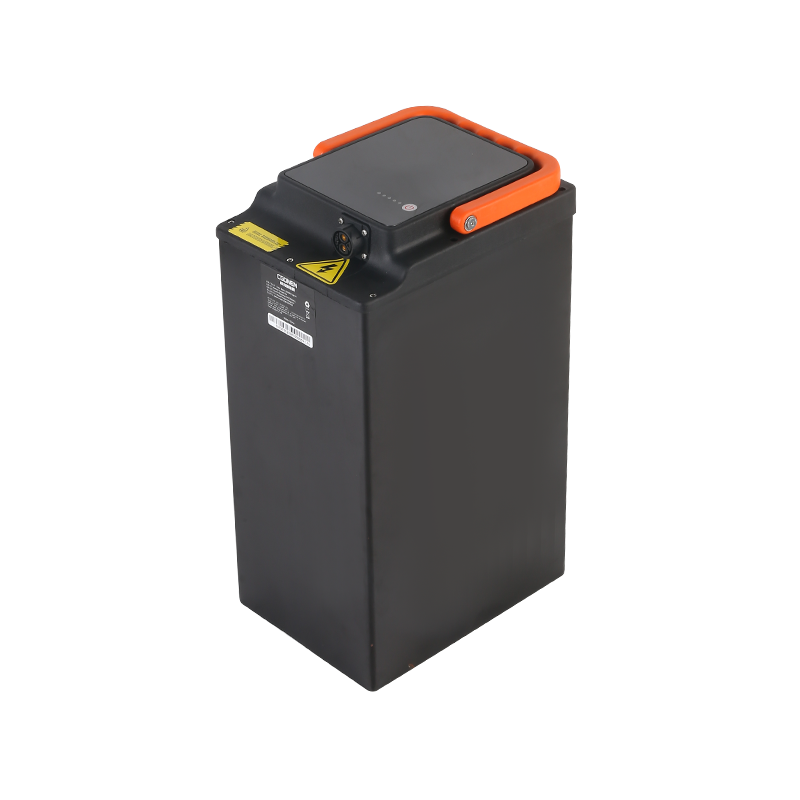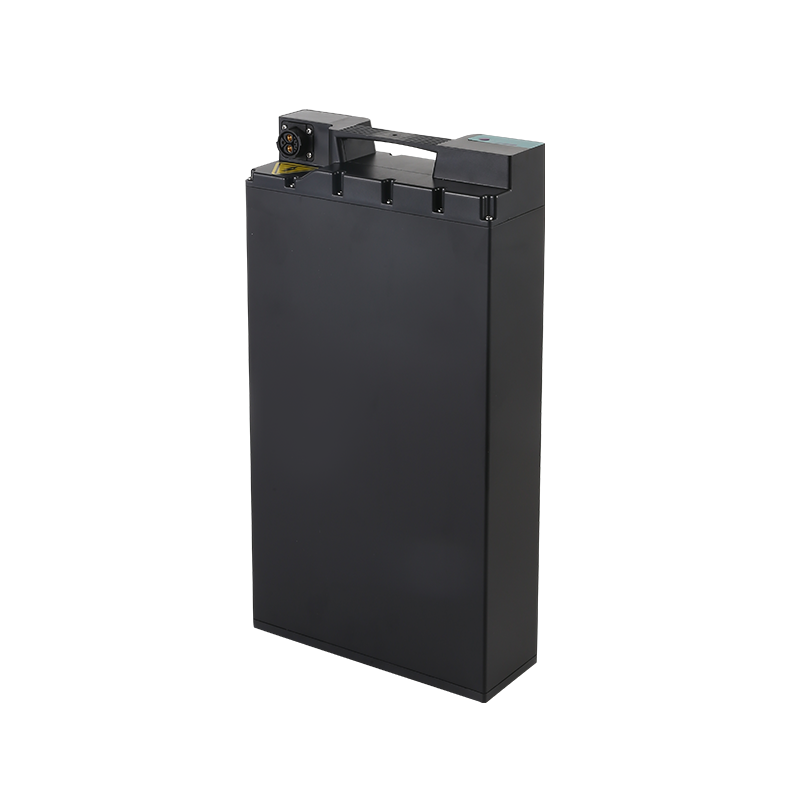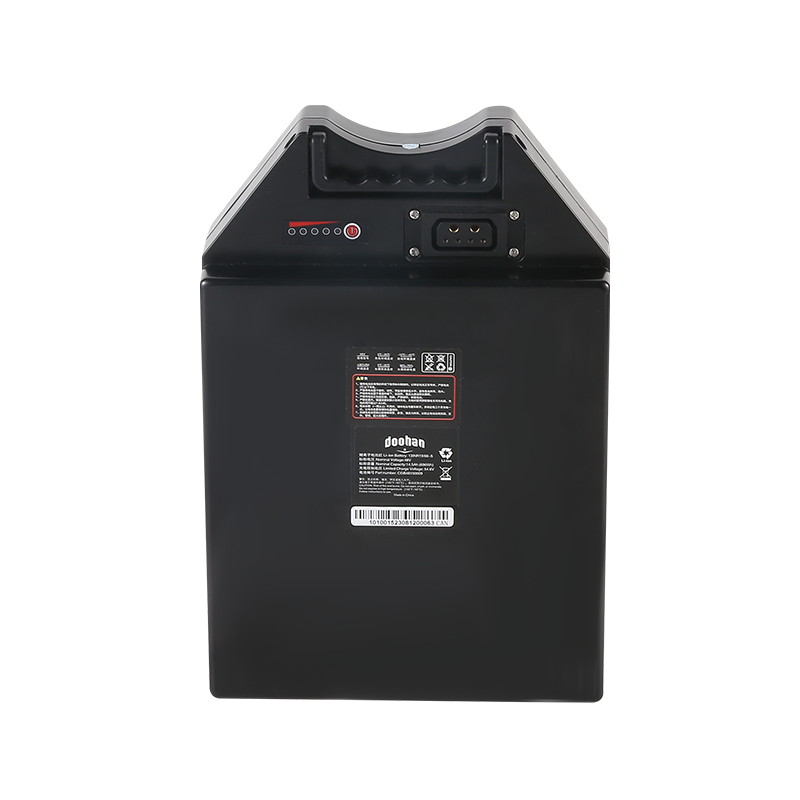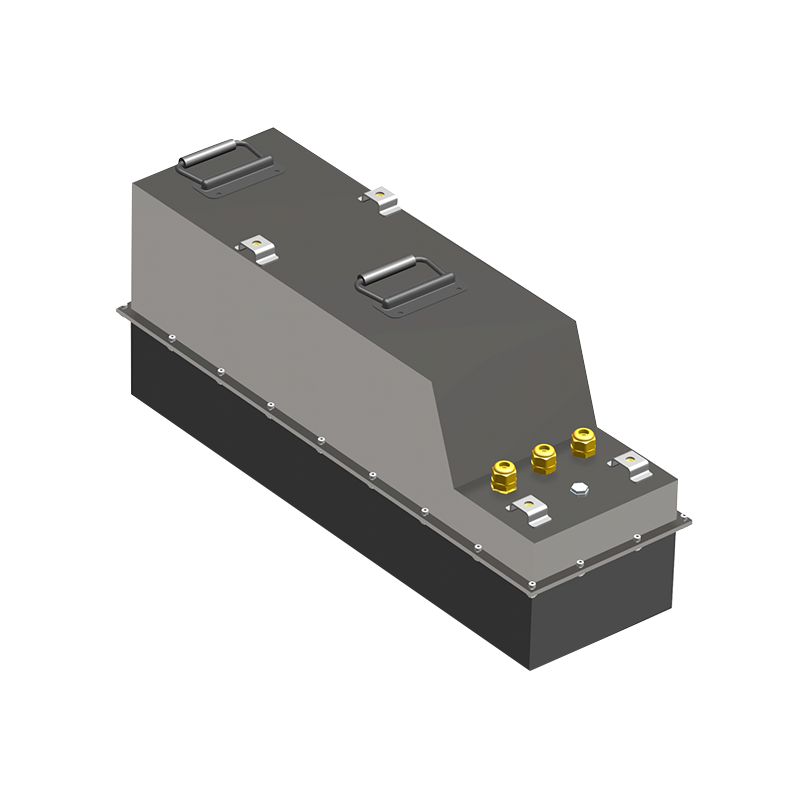Web Menu
Product Search
Exit Menu
The Role of Prismatic Cell Modules in Modern Energy Storage
High Quality Prismatic Cell Module Wholesaler For Sale Price
Energy storage is a critical component of modern electrical systems, and prismatic cell modules have become a prominent solution for various applications. These modules, characterized by their flat, rectangular shape, offer a range of benefits that make them suitable for both large-scale and small-scale energy storage systems.
Prismatic cell modules are a type of rechargeable battery cell that is typically composed of lithium-ion or other advanced chemistries. They are designed with a flat, rectangular shape, which allows for efficient stacking and arrangement in battery packs. The term "prismatic" refers to the geometric shape of the cells, which is a key factor in their design and functionality.
The construction of prismatic cell modules involves several layers, including the cathode, anode, separator, and electrolyte. These components are carefully assembled to ensureperformance and safety. The cells are then encased in a protective housing, which is often made of plastic or metal, to provide structural integrity and prevent damage.
Advantages of Prismatic Cell Modules:
High Energy Density: Prismatic cells offer a high energy-to-volume ratio, making them ideal for applications where space is at a premium.
Customizability: The modular nature of prismatic cells allows for easy customization to meet specific energy storage requirements.
Safety Features: Modern prismatic cells incorporate multiple safety features, such as overcharge protection and thermal management systems.
Long Cycle Life: With proper management, prismatic cells can endure many charge and discharge cycles, providing long-term reliability.
Efficient Thermal Management: The flat design of prismatic cells facilitates better heat dissipation, which is crucial for maintaining performance and longevity.
Applications of Prismatic Cell Modules:
Electric Vehicles (EVs): Prismatic cells are widely used in electric vehicles due to their high energy density and efficient packaging.
Grid Energy Storage: For stabilizing the power grid and providing backup power, prismatic cells offer a scalable solution.
Portable Electronics: In laptops, smartphones, and other portable devices, prismatic cells provide the necessary energy storage in a compact form factor.
Renewable Energy Systems: Prismatic cells are used to store excess energy generated by solar panels or wind turbines for later use.
Industrial Equipment: In material handling vehicles and other industrial applications, prismatic cells provide the power needed for operation.
The manufacturing of prismatic cell modules involves several stages, including the production of electrode sheets, cell assembly, and final testing. The electrode sheets are created by coating the cathode and anode materials onto metal foils. These sheets are then layered with separators and rolled or stacked to form the cell. The assembled cell is filled with electrolytes and sealed, followed by a series of tests to ensure performance and safety standards are met.
While prismatic cell modules offer numerous advantages, they also face challenges such as cost reduction, improving energy density, and enhancing safety features. Ongoing research and development are focused on addressing these issues, with innovations in materials, manufacturing techniques, and cell designs.
Prismatic cell modules are a versatile and efficient solution for energy storage, playing a significant role in various sectors. As technology advances, these modules are expected to become even more integral to the energy storage landscape, offering improved performance and greater sustainability. The future of prismatic cell modules looks promising, with continuous improvements and innovations set to enhance their capabilities and applications.
-

+86-13049701086
-

Stonehuang@CGONEN.com
-

No.88, Huji Road, Taizhou Bay Binhai New Area, Jiaojiang District, Taizhou City, Zhejiang Province, China











